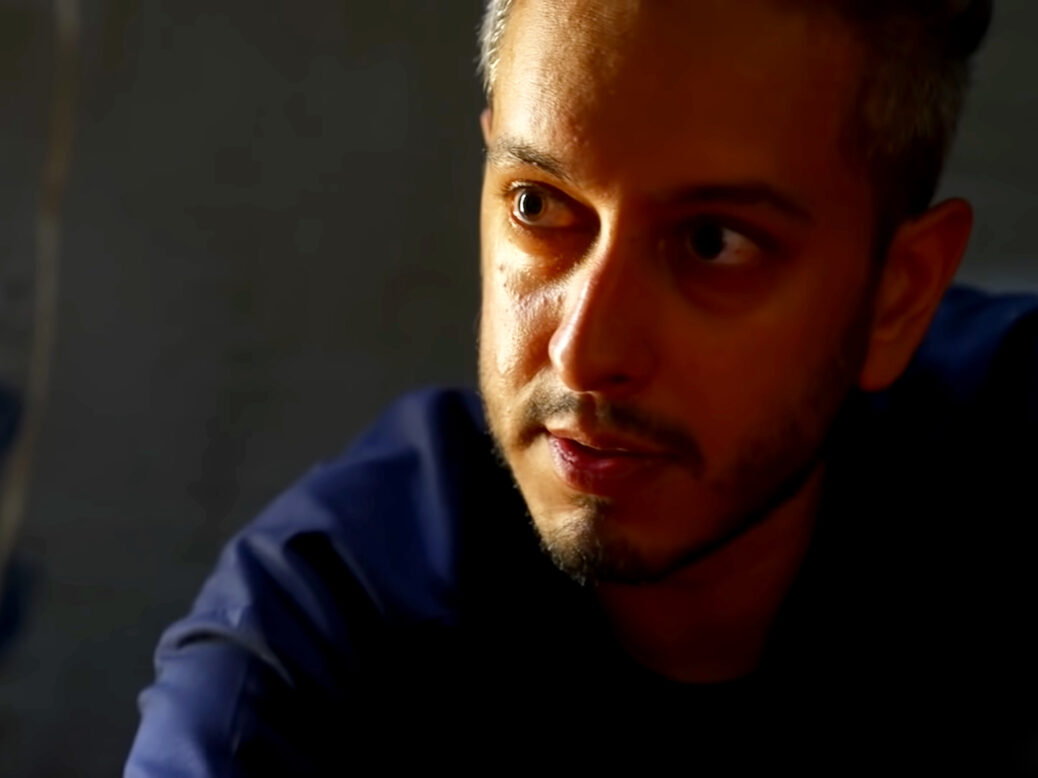
Secunder Kermani
Six years ago, officers attached to Thames Valley Police put at risk the professional reputation of one of the BBC’s most promising journalists, Secunder Kermani, by using powers under the Terrorism Act 2000 to seize his laptop.
The South East Counter Terrorism Unit was probing the Newsnight reporter’s groundbreaking series of interviews with Western jihadis fighting with the newly formed Islamic State (IS). One British-born fanatic, calling himself “Awlaki”, told viewers: “I hate the UK. The only reason why I would intend to return back to the UK is if I want to go plant a bomb somewhere.”
Kermani’s doggedly obtained interviews provided rare insight into an emerging terror threat and put him ahead of the UK media pack, but the establishment turned on him. Pauline Neville-Jones, the former security and counter terrorism minister, said they should never have been aired. Tory backbenchers condemned Kermani’s work. By forcing the BBC to hand over his laptop, police besmirched his name and compromised his sources.
An anti-terror probe would be difficult for any journalist, let alone one of British-Pakistani Muslim heritage. Yet colleagues recall that Kermani remained “preternaturally poised and mature”, showing the calmness he displays in front of the camera. He has gone on to become one of the BBC’s outstanding correspondents and the face of its coverage of the Taliban takeover of Afghanistan.
Just as Brian Hanrahan became a household name during the Falklands War when he stood aboard HMS Hermes and “counted them all out, and counted them back in”, and Rageh Omaar achieved international fame and the dubious nickname “Scud Stud” for his coverage of the 2003 invasion of Iraq, so Kermani has come to prominence during the calamitous end to the Western presence in Afghanistan.
For months he has worked back and forth across the country, reporting its descent into chaos. He interviewed the former president, Hamid Karzai, and asked how power sharing with the Taliban could even be contemplated. In Jalalabad, he spoke to female television workers after three were assassinated for having dubbed foreign dramas into local languages. Outside Mazar-i-Sharif he questioned a Taliban commander: “How can you justify all this fighting when it’s causing the deaths of thousands of ordinary Afghans, thousands of ordinary Muslims?”
Bearded and often dressed in a long kurta shirt, Kermani blends easily with crowds in Kabul’s streets and bazaars. But his best reporting, notably interviews with grieving relatives of the Kabul airport atrocity who claimed that American soldiers fired on civilians in panic, is testimony to his ability to gain people’s confidence. “He’s capable of swimming in a wider range of ponds than almost any other reporter I have come across,” says Ian Katz, his editor at Newsnight. “That is his amazing capacity to rub along with people and win trust and respect.”
Kermani arrived at Newsnight as a junior producer from BBC London. He was put on air because of his “great screen presence”, says Katz, who praises his pursuit of interviews with jihadis. “There were only a couple of reporters in the country capable of getting anywhere near those stories, and everyone else was reporting them from the security side of the fence. Sec[under] had a unique vantage point on that whole story.”
He reported from the “Jungle” refugee camp in Calais and on pre-Brexit attitudes of expat Brits on the Costa del Sol. When an IS flag was raised over a London housing estate, he conversed easily with local youths. “He is capable of being a complete chameleon,” says Katz, now chief content officer at Channel 4. “So he plays the jack-the-lad – you would think he had the toughest street background to see him talking to some interviewees – but in fact he is incredibly cerebral and well educated.”
Kermani has a First in history and Spanish from the University of Manchester, and a master’s in television journalism from Goldsmiths College, London. He is the son of film producer Faris Kermani, whose credits range from the Channel 4 reality show Karachi Kops to the BBC miniseries The Life of Muhammad.
Since moving to Islamabad to become BBC Pakistan correspondent in 2017, he has served a global audience. Katz talks of Kermani’s “real swagger”, evident in a distinctive fade hairstyle that sets him apart from the Taliban fighters who often insist on following his film crew.
He and BBC colleagues were, like the Americans, momentarily caught out by the speed of the Taliban advance, and when Kabul was falling Kermani was “stuck” in Pakistan, where he had gone for “post-Covid treatment”. His colleague, Lyse Doucet, the BBC’s chief international correspondent, was also out of the country and flew to Kabul. Cameraman-editor Malik Mudassir stepped in with live reports as Kermani headed back over the border.
Since then, Kermani has produced some outstanding reporting, showing the bloody consequences of a US drone strike that killed ten Afghan civilians. The tragedy, he concluded, “underlines the challenges the US is going to face in trying to target militants from afar”.
He is still on the ground in Kabul. While our greatest safety concerns should be for independent Afghan journalists being hunted down by the Taliban, rather than for Western media, which the new regime tolerates as a signal of its supposed liberalism, Kermani is playing a crucial role in keeping this catastrophe in the public gaze.
When his job is done, he will transfer to Beijing to become a China correspondent. Despite the heavy-handed actions of anti-terror police, the BBC has a new star.
[See also: Why CBBC and BBC Four moving online might not be such a bad idea – New Statesman]



